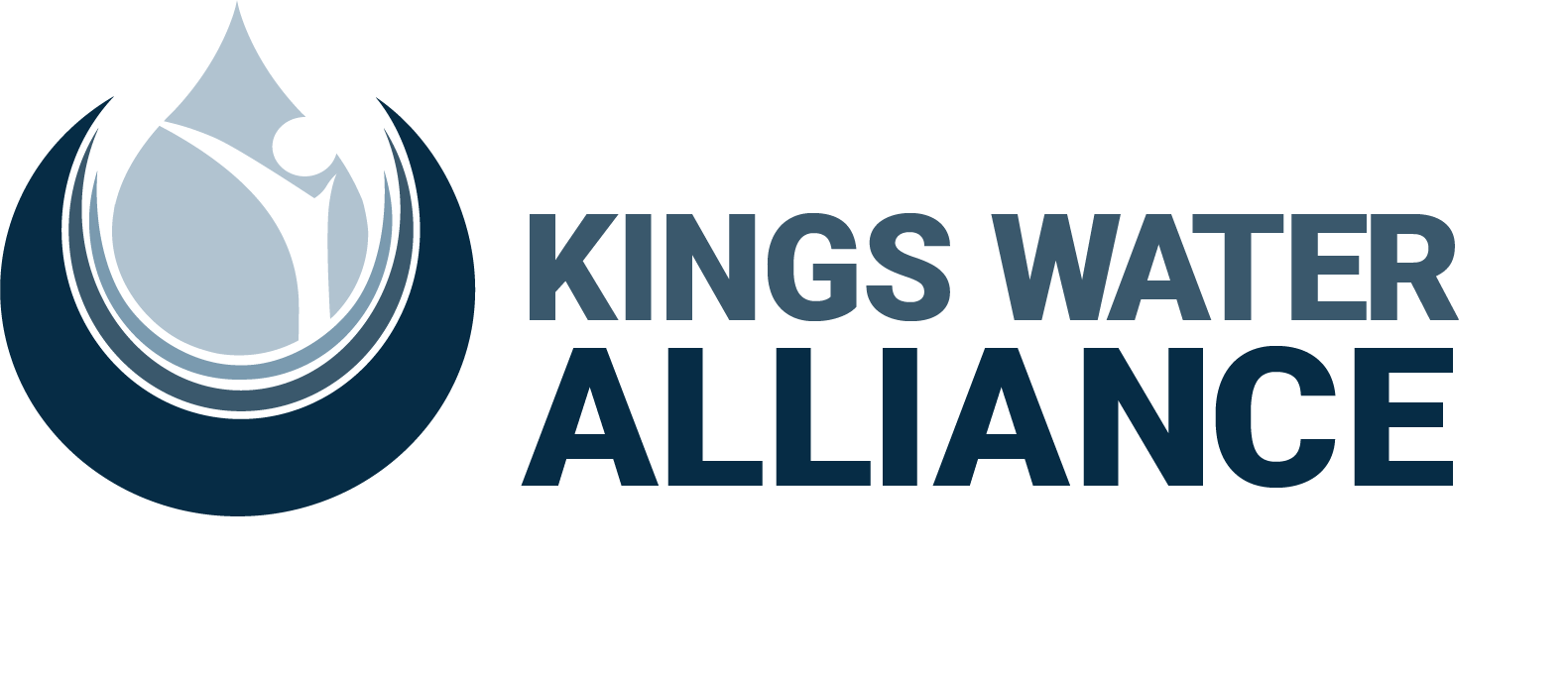Frequently Asked Questions
Below is a list of our most commonly asked questions. If you still have more questions, please contact us at (559)549-6747 or info@kingswateralliance.org
Nitrate
Well Testing
To receive free bottled water, a household’s drinking water well must be verified to be above the maximum contamination level of nitrates in their drinking water which is 10 mg/L. If the values for nitrates are equal to or above the MCL, the house is eligible to receive free bottled water, regardless of enrollment in a program under water discharge requirements.
There are no income requirements for well testing or bottled water.
Self-Help Enterprises (SHE) is an additional non-profit group that also assist residents with drinking water related issues, such as dry well issues. For dry wells, call SHE drought support at 559-802-1685. More information about SHE is available on their website www.selfhelpenterprises.org.
The entire process of sampling the well and if needed signing the well sampling agreement takes 5-10 minutes.
With all the verified information, KWA staff contacts its vender (Sparkletts) and provides them with the basic information (name, address, special instructions, etc.) to have them add the initial delivery of water to their already existing route. Once contacted by KWA, the initial water delivery of six 5-gallon containers, takes 2-4 business days to deliver.
• Kerman Community Center – 15101 W Kearney Blvd, Kerman, CA 93630
• Hanford KART Station – 610 W. 7th Street Hanford, CA 93230
• Dinuba Circle K – 517 W E El Monte Way, Dinuba, CA 93618
These fill stations are completely free and available to anyone from the public who brings their own water container, ranging from a sports bottle to a 5-gallon container.
Fresno County – offer a one-time FREE water analysis for nitrates, bacteria, and some other constituents on well that drilled through their permitting process independent of when the well was drilled.
Website: https://www.co.fresno.ca.us/departments/public-health/environmental-health/water-surveillance-program
Kings County – offers only presence/absence bacteriology test for E. coli and coliform at rate of $20 a test Monday to Thursday (no Friday deliveries due to incubation period) under the county’s Environmental Health Dept located 330 Campus Drive Bldg 1 Hanford, CA 93230
Website: https://www.countyofkings.com/departments/health-welfare/environment-health-service/drinking-water/drinking-water-1
Kings Water Alliance
c/o Kings River Water Quality Coalition
P.O. Box 8259 • Fresno, CA 93747
Phone: (559) 549-6747 • info@kingswateralliance.org • Monday – Friday, 8:00 am – 5:00 pm
